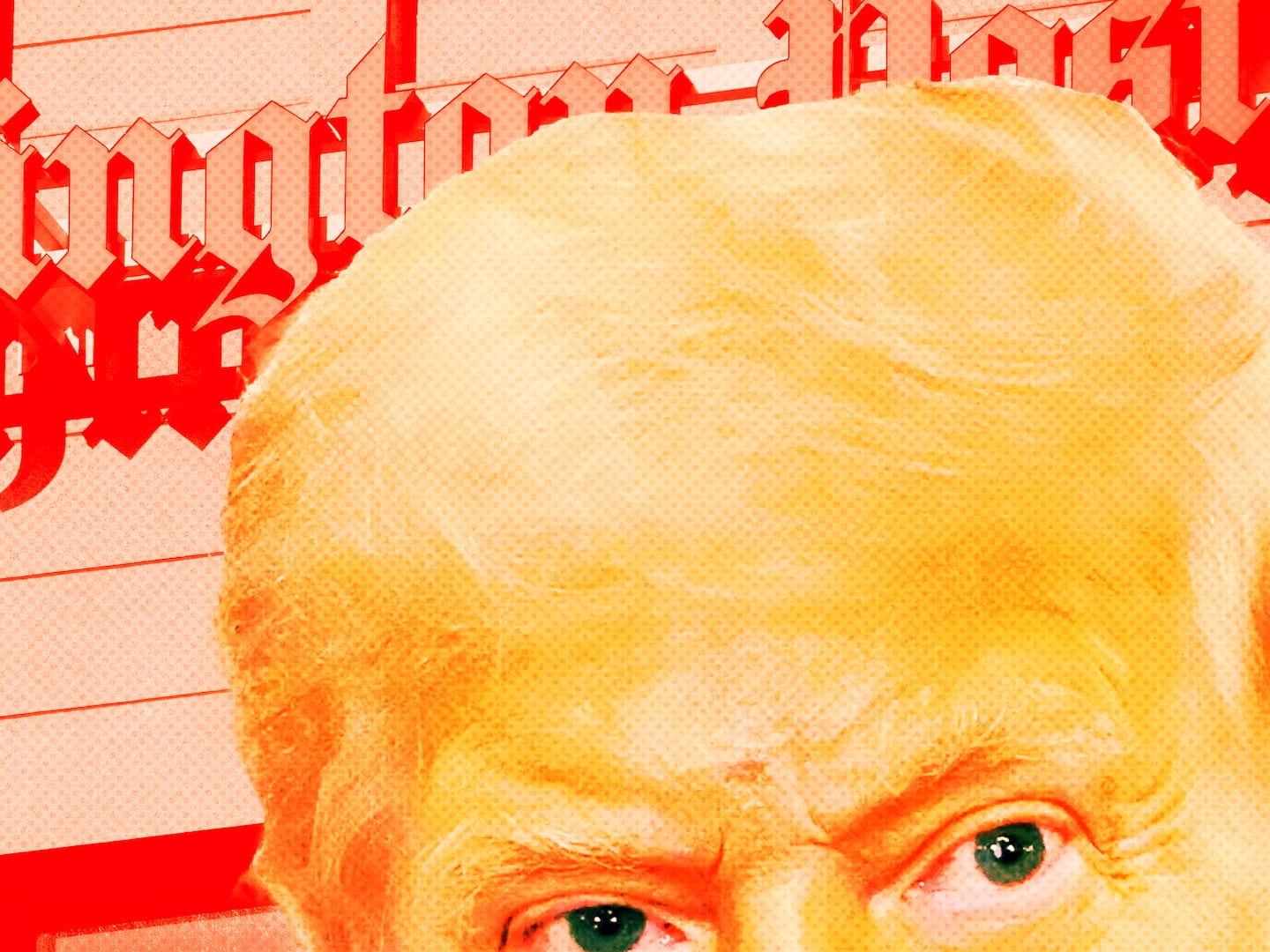Say what you will about hipsters: they've captured our imagination. Every decade seems to demand its own unique countercultural vanguard, and hipsters have delivered in style. There's nothing more of-the-moment than young white people who are downwardly mobile and loving it. Some of the most enterprising hipsters have managed to put ironic scare quotes around the whole concept of downward mobility, freeing themselves from the materialistic "rat race" that drew many of their parents into economically productive but spiritually draining lives. At a time when the future of our biggest industries still seems uncertain, the creative, local, tactile quality of the "hipster economy" makes us wonder if there isn't something powerful afoot behind all the tattoos, Warby Parkers, and facial hair.

But as hipsters increasingly appear wherever we look -- making it ever harder to be sure just who is a hipster and who isn't -- a new and negative edge to the counterculture has developed. And it's sharpening with startling speed.
Across much of the arts and humanities, a sudden wave of reactionary backlash has swelled from the depths of hipsterdom. Having soured on pillars of American life like fast food, corporate careers, and the suburbs, some influential sectors of the hipster hive mind are starting to turn against the not-so-secret culprit in the disintegration of solid, middle-class prosperity: the internet.
Hipsters are often accused of fashionable contrarianism, relevant only to a marginal, self-styled elite. That’s a charge increasingly out of sync with reality. Only a group with as strong a hold on our attention as hipsters could launch an insurrection against the plugged-in life -- against its winners, in the name of its losers. And today, the anti-web mentality is primed to go viral.
Rebellion is already stirring amid the wreckage of our pre-internet creative industries. Remember the novel? The Circle, hipster laureate Dave Eggers' new one, is a blistering attack on the philosophical and anthropological foundations of the web economy: he has one character observe that "privacy is theft." In a 6,500-word manifesto published last week by The Guardian, novelist Jonathan Franzen, possibly the world's most erudite hipster, bitterly warned that apocalypse awaits our "insatiable technoconsumerism." In the post-apocalyptic music world, Arcade Fire has returned from four years of silence to enlist an austere David Bowie and release "Reflektor," a dark anti-tech rant with a creepily literal video and a throwback disco beat. The narrator bemoans our “reflective age,” in which “we fell in love when I was nineteen and now we’re staring at a screen.” More than making us barren and sterile, the net has “trapped” our very souls “in a prism.” "Thought you were praying to the resurrector," the voices sing. "Turns out it was just a reflector."
As much as that letter K in the title nostalgically invokes the paranoia of Bowie-era Berlin, it’s impossible not to sense that the band slipped that K into the title for a more timely reason: search engine optimization. It’s a poignant reminder that, in the internet age, we have to become complicit in the web economy in order for our claims against it even to be heard. Or, as internet indie darlings MGMT put it in their stubbornly unhip new single, "Your Life Is A Lie." "Count your friends on your hands / Now look again / They're not your friends." See you on Facebook.
A growing number of musical acts have imposed no-phone policies at their concerts. Yeah Yeah Yeahs posted a now-notorious sign at a New York City show demanding that concertgoers "put that shit away as a courtesy to the person behind you" and to the band. Meanwhile, at the Burning Man festival, born of San Franciscans' desire to recover a primal, naturally human experience open equally to all, "Burners" now struggle anxiously to hold back an invasion of smart phones and silicon valley billionaires.
While America's professional purveyors of snark have mocked hipster culture as a refuge of pathetic burnouts, hipsters have been learning the awful truth about America online: we're all at risk of getting burned out on the binge of sharing, scrolling, like-ing, following, and "connecting" that increasingly controls our lives. In a world screaming at us to lean in, we fearfully crave the experience of leaning out.
That's an important cultural development, and an organic one, too. (No growth hormones!) But the anti-tech hipster vanguard has the potential to quickly convert its culture power into something more -- something with economic and political implications as disruptive as the internet itself. Imagine how different the Occupy protests could have been had they held their fire until now, when it seems less urgent to save our manufacturing core than to reject the totality and ubiquity of the iEconomy. The internet didn't just smash industries and supplant human jobs with our new server overlords. It made possible some of the largest private and public power-grabs in history -- an omnipresent surveillance state on the one hand, and, on the other, a financial industry capable of disassembling, reassembling, and trading impossibly complex debt instruments at virtually the speed of light. Call it the banality of systemic evil.
At the core of our dawning dread, soon to be stoked by rebels who have finally found their cause, is a suspicion that the transfixing madness and possibility of the web economy's foundational institutions are all of a piece. How can we take Amazon, but leave the NSA? Fix FINRA, but quit Gmail? Stay up to date, but stop helplessly updating our iPhones? If we can't -- if the internet is either with us or against us -- then the polarizing character of the War on Terror will seem like just a warm-up for the future social struggle over the dominance of technology (and its masters) over the intimate details of everyday life.
Our anti-tech hipsters are playing with fire. But they give voice to a secret longing that burns deep within us all.






